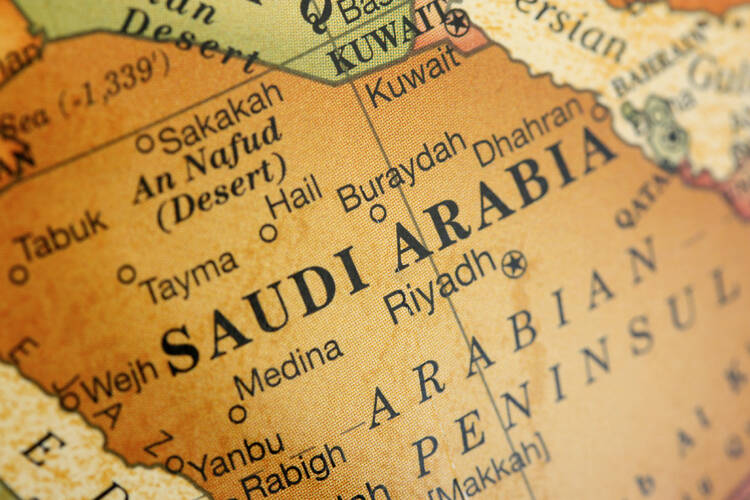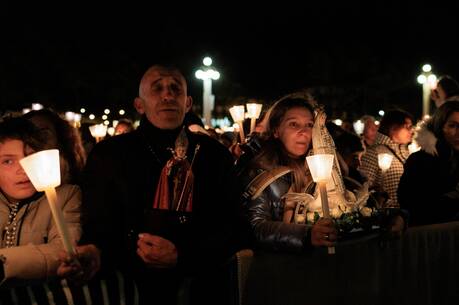In Saudi Arabia religious custom and cultural norms restrict women’s lives and rights in significant ways. They cannot engage in activities that many women elsewhere take for granted, like driving a car, traveling without male chaperones or interacting with men not related to them. They cannot participate in certain sports (like swimming) or read uncensored magazines. But thanks to a decree by the late King Abdullah, there is one thing they now can do, though in a limited fashion. They can vote.
In the country of 20 million, there are 1.5 million registered voters; now 130,000 of them are women. In the municipal elections held on Dec. 12, there were 6,900 candidates vying for 2,112 seats in the desert kingdom’s 284 local councils. Of the 979 women who ran for office, about 20 were elected. This is the third time in the country’s history that an election of this kind has been held and the first in which women participated. While the number of women elected is small, it is nevertheless a step in the right direction for the country’s future.
Three factors precipitated this new opening for women: the widespread use of social media, a growing youth population and the increasing number of women in the workforce. All of these have contributed to lifting slightly the veil of social and political isolation Saudi women have had to endure. Still, there is a long way to go before Saudi women can claim the rights that men have in running the affairs of their country.








